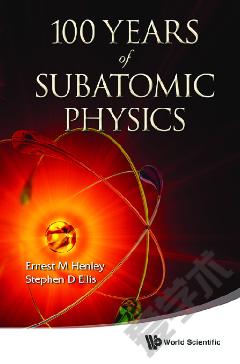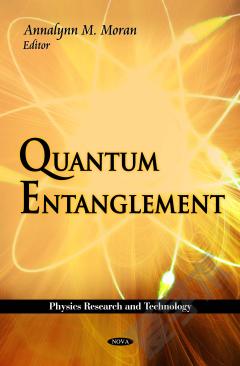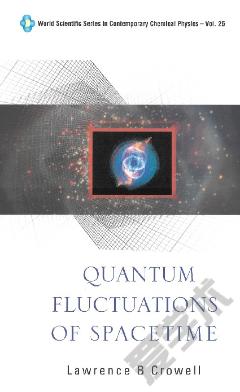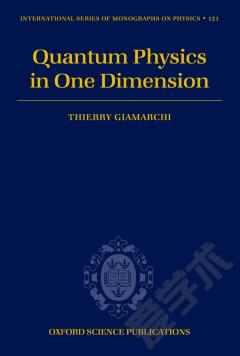100 Years Of Planck's Quantum
This invaluable book takes the reader from Planck's discovery of the quantum in 1900 to the most recent interpretations and applications of nonrelativistic quantum mechanics.The introduction of the quantum idea leads off the prehistory of quantum mechanics, featuring Planck, Einstein, Bohr, Compton, and de Broglie's immortal contributions. Their original discovery papers are featured with explanatory notes and developments in Part 1.The invention of matrix mechanics and quantum mechanics by Heisenberg, Born, Jordan, Dirac, and Schrödinger is presented next, in Part 2.Following that, in Part 3, are the Einstein-Bohr debates on the interpretation of quantum mechanics culminating in Bell's inequality and Aspect's experiment demonstrating the actuality of the long range quantum correlations to which Einstein, Podolsky, and Rosen took great exception. Resolutions of quantum paradoxes and the current state of such debates are summarized.Part 4 presents a selection of the most dramatic modern developments, both theoretical and experimental. These include Feynman path integrals, the modern interpretation based on decoherence, quantum optics experiments leading to teleportation, DeWitt's wave function of the universe, and a brief introduction to the end-of-the-millennium prospects of quantum computation. A concluding chapter presents the authors' conjectures for the next 100 years of the quantum.This book is ideally suited to anyone with a junior level background in modern physics and quantum mechanics, and a cultural interest in the original sources of the greatest ideas of the greatest founders of this subject as derived from their first discovery papers. These papers have led, in giant strides across the whole of the twentieth century, to the revolutionary experimental advances of the last decade. The book makes accessible — physically and intellectually — both the deepest roots and the highest branches of nonrelativistic quantum physics.
{{comment.content}}








 京公网安备 11010802027623号
京公网安备 11010802027623号